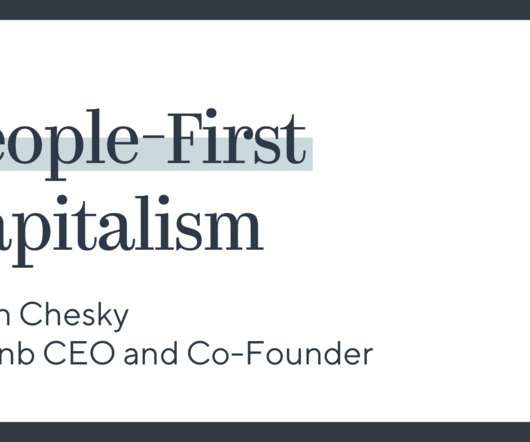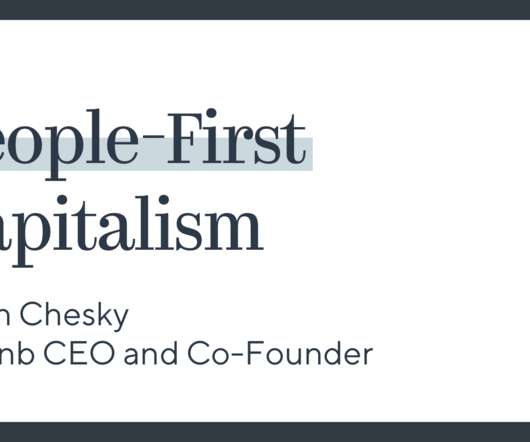Government Grants Cost No Equity, But are Not Free
Startup Professionals Musings
FEBRUARY 13, 2013
A grant is not an equity investment, so the entrepreneur doesn’t have to give up a stake in the company either. But before you conclude that your funding problems are solved with grants, you should consider the direct and indirect costs of grant funding: Grant applications are bureaucratic. Professional help costs money.








































Let's personalize your content